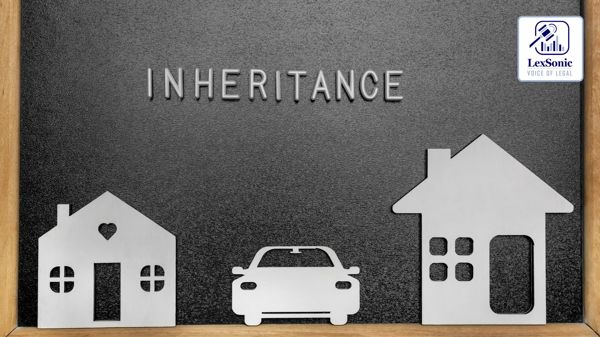Daughters' Inheritance Challenge Fails in Karnataka Property Dispute.
25 April 2024
Muslim Law >> Family Law | Inheritance in Muslims >> Inheritance
A recent decision by the Karnataka High Court has settled a long-standing property dispute within a Muslim family. The case centered on the validity of three settlement deeds executed by the deceased patriarch, T.A. Abdul Jabbar, dividing his property among his descendants.
Two daughters, from Abdul Jabbar's third wife, had challenged a settlement deed that granted property to their half-brother, son of the first wife. The trial court sided with the daughters, ruling that "settlement deeds" were not recognized under Islamic law (Sharia Law).

However, the grandsons (defendants) successfully appealed the decision. The High Court pointed out that the Karnataka Stamp Act recognizes settlement deeds and applies to all religions, including Muslims. The court further clarified that while Sharia Law doesn't explicitly forbid such deeds, the concept of equitable estoppel applied in this case. The daughters, having benefitted from another settlement deed by their father, could not challenge this one.
Finally, the court ruled that the daughters' lawsuit was barred by limitations as they failed to challenge the settlement deed within the legal timeframe.
This case highlights the importance of considering both religious and secular laws in inheritance disputes. It also emphasizes the concept of estoppel, where individuals who accept benefits under a legal arrangement cannot later challenge its validity.
Muslim Personal Law (Shariat) Application Act, 1937 Karnataka Stamp Act, 1957 Registration Act, 1908 Transfer of Property Act, 1882
